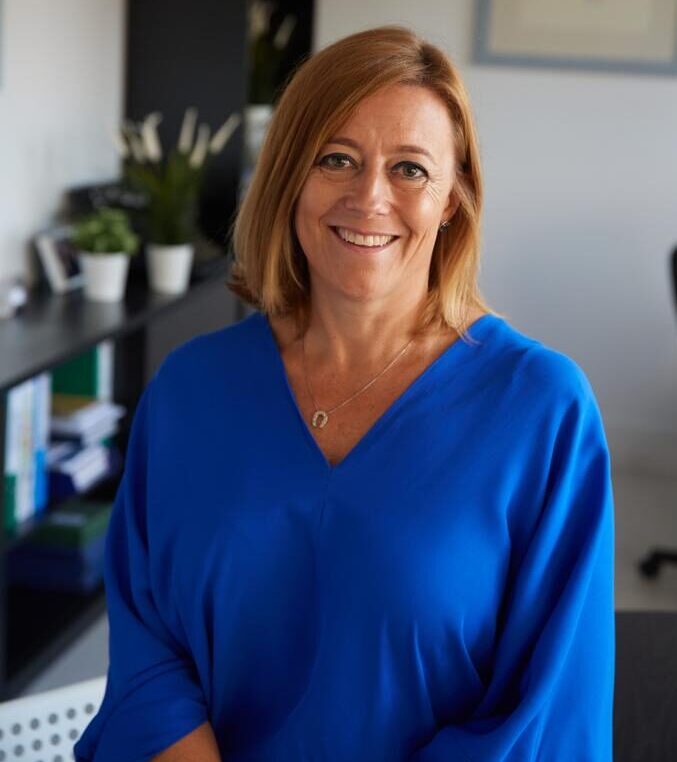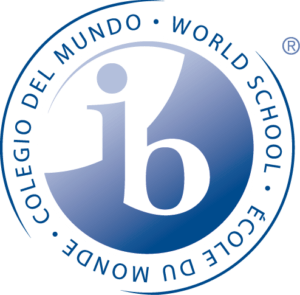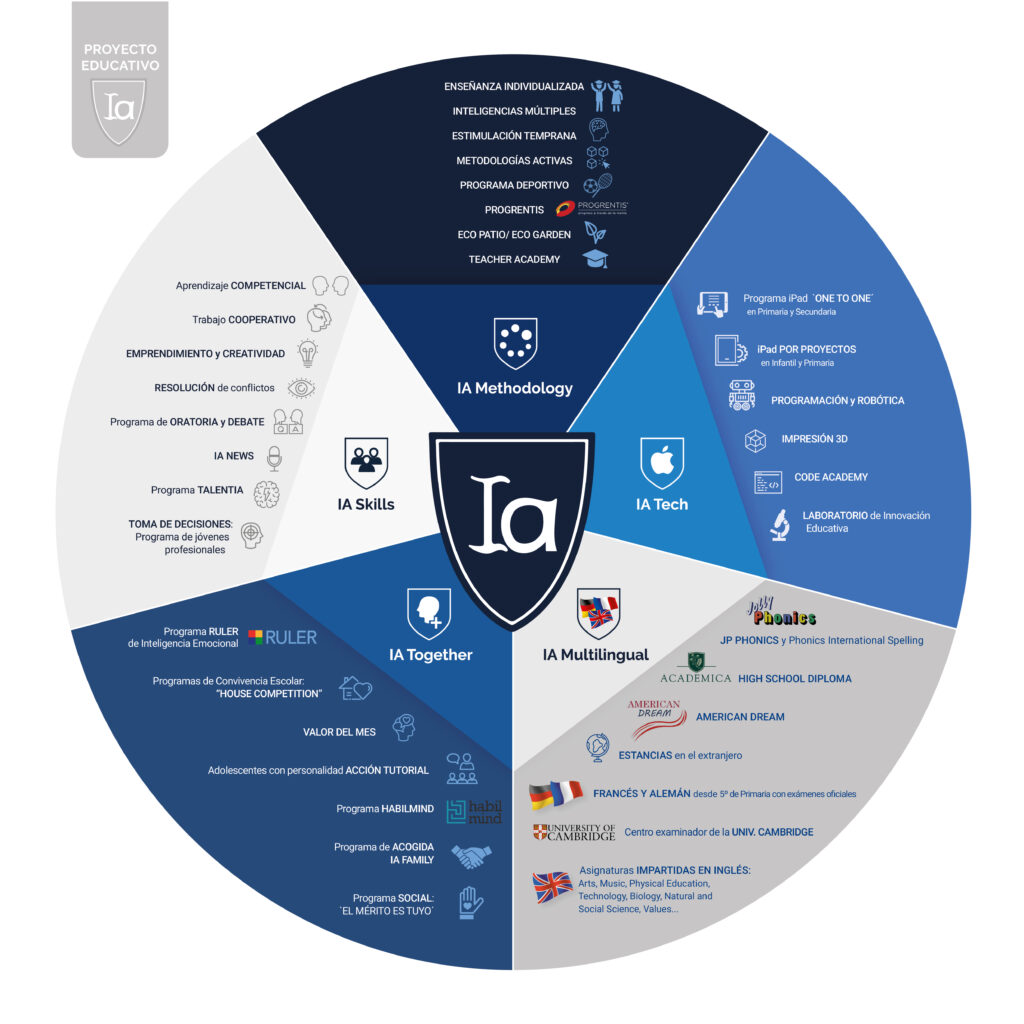Our school
Welcome to IA
Our mission is to train people of integrity, committed to society, who know how to live in a multicultural environment, who are aware of their capacity to adapt to change, who are responsible for their learning, who are emotionally intelligent and who are appropriately guided towards the challenges of the 21st century.

We welcome you to Aravaca International, an educational project of great academic rigour characterised by our dedication to the learning and personal development of our students.
If there is one thing that characterises us, it is to be in constant training in order to offer our students the best possible education for their professional success, creating educational experiences that open their minds as global citizens aware of themselves and the world around them.
Our students are recognised as caring and informed citizens who contribute to building a better world through intercultural understanding and respect, with an international mindset in accordance with the principles of the international programmes we offer. (*)
The school’s great team of professionals provides constant support and commitment to students and families, which makes us a close and familiar school.
We look forward to seeing you.
Marta Martínez Santos
Director
(*) The IB mission statement The International Baccalaureate (IB) aims to develop caring, knowledgeable and informed young people who can contribute to a better and more peaceful world through mutual understanding and intercultural respect. In pursuit of this goal, the organisation works with schools, governments and international organisations to create and develop challenging international education programmes and rigorous assessment methods. These programmes encourage students around the world to be active lifelong learners, to be compassionate and to understand that other people, with their differences, can also be right.
Why choose us?
International Aravaca’s educational project is based on 5 solid pillars, with which we achieve the “educational excellence” that guarantees the success of our pupils, in the social, personal and academic dimensions.
IA Multilingual: Because we are citizens of the world, we have a wide range of languages: English, French and German, as well as subjects in which English is the vehicular language. We take official exams.
IA Methodology: Because we do not all learn in the same way, we are committed to new methodologies, where the student takes on the leading role and the teacher becomes a motivating guide. In this personalised learning process, each student sets their own pace and it is the student who discovers, investigates, compares and resolves.
IA Tech: Because digital competence is vital to train citizens who can integrate and respond to the demands of society.
IA Skills: Because their skills will mark their destiny. We work conscientiously on the skills that will open many doors in the students’ future. Competence learning, cooperative work, conflict resolution, public speaking and creativity.
IA Together: Because we live in community, comprehensive education includes social programmes, welcoming new families and pupils, coexistence programmes.
What makes us unique?
Adaptation to multicultural environments, an active attitude to learning, high socio-emotional development, flexibility, perseverance and confidence, all framed in an environment adapted to the times we live in and with technology and multilingualism as fundamental pillars, are the characteristics that define us and give us the courage to believe that we are on the right path to get the best out of our students, enhance their abilities and provide them with the necessary skills to function in the world in the best way possible.
- International education and experience
- Linguistic immersion
- Personalised learning
- Excellent academic results
- Constant innovation
- Responsible values
 IB World School with the Primary School Programme from age 3 and IB Middle Years Programme school for Secondary and Diploma Programme applicant school for Baccalaureate. They are able to offer the IB continuum.
IB World School with the Primary School Programme from age 3 and IB Middle Years Programme school for Secondary and Diploma Programme applicant school for Baccalaureate. They are able to offer the IB continuum.
ACCREDITATIONS
Access our accreditations through this link.
PARTNERS
Access our partnership agreements by clicking here link.
Frequent Questions
HOW TO APPLY FOR ENROMENT AT OUR SCHOOL?
You can apply for enrolment by filling out the contact form on the website.
Once we have received the form, Valle Ramos, Director of Admissions, will contact you to make an appointment to visit the centre and find out more information.
You can also contact us by calling 913571256.
In order to formalize the enrollment, you must submit the documents sent by the Director of Admissions to the Secretary’s Office with your payment of the enrollment fee.
WHICH DOCUMENTS ARE REQUIRED TO FORMALIZE THE REGISTRATION?
- Registration form, medical form, form of payment.
- Photocopy of the ID card or passport of the student’s father and mother or legal representative.
- Photocopy of the family book (the page where the student is listed) or the student ID.
- 4 passport size photos (Early Years) 1 photo for EPO (Primary), ESO (Secondary) and BTO (Baccalaureate).
- Receipt of the payment of the enrollment fee and the deposit.
- Photocopy of the results and report from the student’s previous studies.
- Transfer certificate from previous school.
WHAT IS THE DIFFERENCE BETWEEN A BILINGUAL SCHOOL AND A BRITISH SCHOOL?
In Spain, bilingual schools are those that have a high number of classes taught in English; however, most of them only offer between 6 to 10 hours a week of subjects in English.
In this sense, Internacional Aravaca is considered to be a truly bilingual school because between 80% and 100% of our Early Years classes are in English.
A bilingual school should not be confused with a British school.
The latter are schools that follow the National British Curriculum and the qualification obtained is the official UK one.
IS INTERNATIONAL ARAVACA A BILINGUAL OR BRITISH SCHOOL?
Internacional Aravaca has a bilingual focus, which means that a significant number of classes are taught in English, but it follows the Spanish curriculum.
This allows students to acquire a high level of English without preventing them attending a Spanish university later on.
In addition, we have implemented the IB methodology and we now offer the International Baccalaureate.
International Aravaca belongs to the British international group ISP (International Schools Partnership).
AT WHAT AGE DO WE INTRODUCE ENGLISH?
100% of the classes for 2 to 3 year olds are taught in English.
80% of the classes for 4 year olds are taught in English.
70% of the classes for 5 year olds and Primary are taught in English.
In Secondary School, 40% of the classes are taught in English.
In the 1st year of Baccalaureate, PE and English are both taught in English.
AT WHAT AGE IS THE THIRD LANGUAGE INTRODUCED?
From the 5th year of Primary, students have 2 hours of French. When they start ESO, they receive 3 classes per week of French or German.
AT WHAT AGE CAN MY CHILD ENROL?
We take children from the age of two.
IS POTTY TRAINING REQUIRED FOR ENROLMENT IN THE SCHOOL?
No, our teachers and assistants take care of all the needs of our youngest students.
WHERE CAN I GET THE UNIFORM?
The school’s website has a uniform sales service and also offers the option of trying on clothes at the school by appointment with s.gaitan@ia.edu.es
DOES THE SCHOOL HAVE ITS OWN KITCHEN?
Yes, food is prepared in the school kitchen. Our menus are carefully planned by the company ARAMARK to provide our students with a balanced and healthy diet.
CAN WE REQUEST ADAPTED MENUS?
Yes, students with allergies, intolerances or celiac disease who are required to follow a specific diet must notify us so we can offer them a menu adapted to their dietary needs.
WHEN DO THEY GET SWIMMING LESSONS?
From 2 years old up to the second year of EPO, once a week during school hours.
ARE THERE ANY EXTRACURRICULAR ACTIVITIES?
Yes, the school offers a wide range of extra-curricular activities from the age of 3. These are listed in the EXTRA-CURRICULAR section of the website and they start in October.
AT WHAT AGE DOES THE TEACHING OF NEW TECHNOLOGIES BEGIN?
Children are continuously in contact with new technology from the moment they enter our school. All classrooms have an interactive whiteboard and technology is fully integrated into the methodology of our school in each and every subject. From the 4th year of EPO, our students join the ONE TO ONE program where they have their own iPad.
DO THE LITTLE ONES TAKE A NAP?
2 and 3 year olds will take a regular nap.
The rest period for first cycle 2 and 3 year olds will be around one and a half hours. This is a very important time in the school day as it allows the children to rest and helps to establish routines.
ARE TOYS AND ACCESSORIES ALLOWED?
Parents should also pay attention to the ties or clasps that girls wear in their hair since younger children tend to put them in their mouths.
For this reason, we ask families to always use simple and discreet hairbands instead of clasps, to avoid any accidents.
We advise children to come to school with their hair tied up so that it does not obstruct them when working or playing.
The school has toys and teaching materials specifically suited to the ages and needs of the children: classroom materials, hand-held games, games for creative development, symbolic games, books, etc., so we do not allow them to bring toys or any other items from home.
IS THERE A MEETING PRIOR TO STARTING SCHOOL?
Before a child starts at the school, we arrange a meeting with families, school leaders and coordinators, as well as the tutors from each group. At this meeting, all the facts about starting at the school will be explained.
